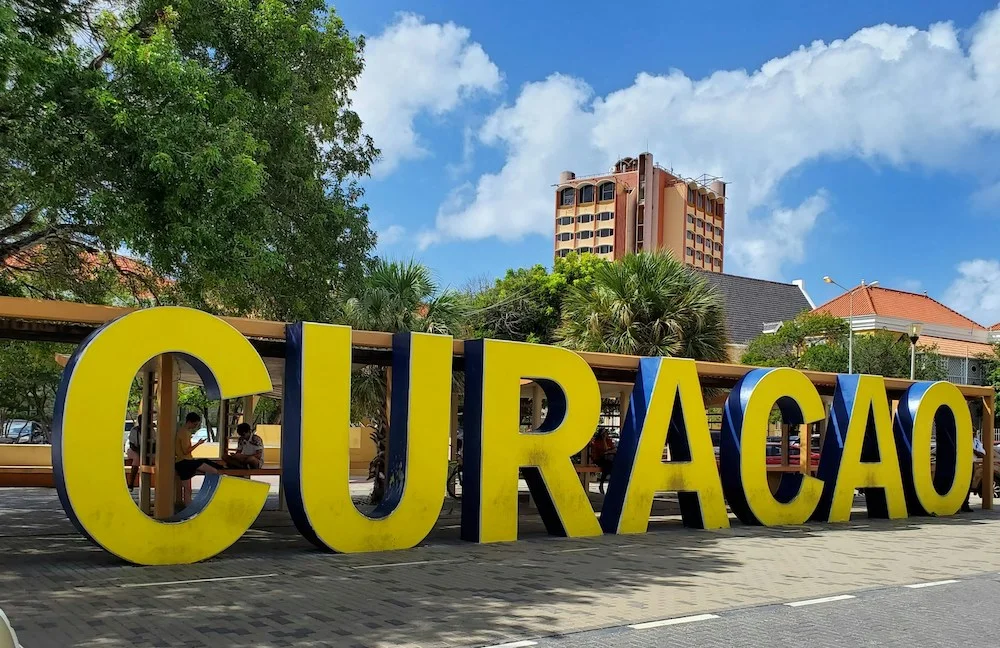Curaçao’s citizens are a vibrant and diverse mix of cultures, ethnicities, and backgrounds, shaped by centuries of migration, colonization, and resilience. Here’s a comprehensive overview of the people of Curaçao:
Population
- Total: Around 150,000–160,000 people
- Curaçao has a relatively small but highly diverse population, with over 50 nationalities represented.
Ethnic and Cultural Background
- Afro-Curaçaoans: The majority of the population are descendants of enslaved Africans brought to the island during Dutch colonial rule.
- European (mostly Dutch): Includes white Dutch settlers and officials, as well as recent immigrants from the Netherlands.
- Latin American: Especially from Venezuela, Colombia, and the Dominican Republic—many have settled permanently.
- Caribbean immigrants: People from Haiti, Jamaica, St. Maarten, Suriname, and other nearby islands.
- Jewish community: Curaçao has one of the oldest Jewish communities in the Americas, mainly of Sephardic origin.
- Asian minorities: Primarily Chinese and Indian communities engaged in business and trade.
Languages Spoken
- Papiamentu (Creole language): Spoken by nearly everyone and considered a symbol of national identity.
- Dutch: Official language used in government, education, and law.
- English and Spanish: Widely spoken and often used in commerce and tourism.
Religions
- Christianity is the predominant faith:
- Roman Catholicism is the largest denomination.
- Protestant and Evangelical churches are also active.
- Judaism: Curaçao’s Jewish community is one of the oldest in the Western Hemisphere.
- Islam, Hinduism, and traditional African spirituality are practiced by smaller communities.
Identity and Social Values
- Curaçaoans are known for being tolerant, multilingual, and community-oriented.
- Family ties are strong, and respect for elders is an important value.
- Cultural pride is deeply rooted, especially in Papiamentu, Carnival, music (like tambú and tumba), and local cuisine.
Education and Mobility
- Education is largely modeled after the Dutch system.
- Many young Curaçaoans go to the Netherlands for higher education and may return or settle there long-term.
- Curaçaoans are Dutch citizens, meaning they have freedom of movement within the Kingdom of the Netherlands.
Diaspora
- A significant number of Curaçaoans live abroad, especially in:
- The Netherlands
- United States
- Venezuela
- The diaspora maintains strong ties with the island, often sending remittances or returning during holidays and festivals.
Everyday Life
- Life in Curaçao blends Caribbean rhythm with Dutch order:
- Music, dance, and socializing are central to the culture.
- Sundays often include family meals, church, and beach outings.
- Work-life balance and a relaxed attitude to time are culturally significant (“Curaçao time”).


